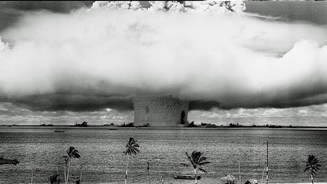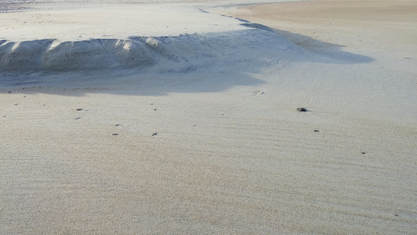
I open the window and the smell of blossoms wafts in. A friend calls, someone whose intelligence and sensitivity I greatly respect, someone who follows climate science very closely. She tells me that she thinks the human species has perhaps ten years left, twenty at most, and that what’s coming soon is a rapid escalation in both the intensity and the geographic spread of what is already happening in many parts of the world: catastrophic weather events, floods, droughts, water shortages, climate refugees streaming across borders, conflicts, wars, violence, extremism of all kinds, a collapse of basic law and order. According to my friend, even if everyone in the whole world woke up tomorrow and did everything possible to reduce our carbon footprint and our methane output, the science shows that it’s already too late. We’re past the point of no return.
The bulk of this is not new information to me, although the time-lines my friend offers are shorter than those I’ve previously heard. And if climate change doesn’t get us first, some kind of nuclear war or catastrophe seems increasingly inevitable. This doomsday scenario has been in the air for as long as I can remember, but suddenly, with this conversation, the apparently looming reality of this devastation captures my attention. It’s scary to imagine living through this collapse and the horrors of it, witnessing it, feeling it, experiencing it. It will involve great pain and suffering. It’s scary at my age to imagine being an old person, older than I am now, increasingly incapacitated and vulnerable, in the midst of this kind of collapse.
Over the next few days and nights after this conversation, I notice that vague feelings of depression and fear are passing through repeatedly like waves on the ocean. I feel heavy, weighted down. I lie awake in bed one night staring into the darkness.

 RSS Feed
RSS Feed
